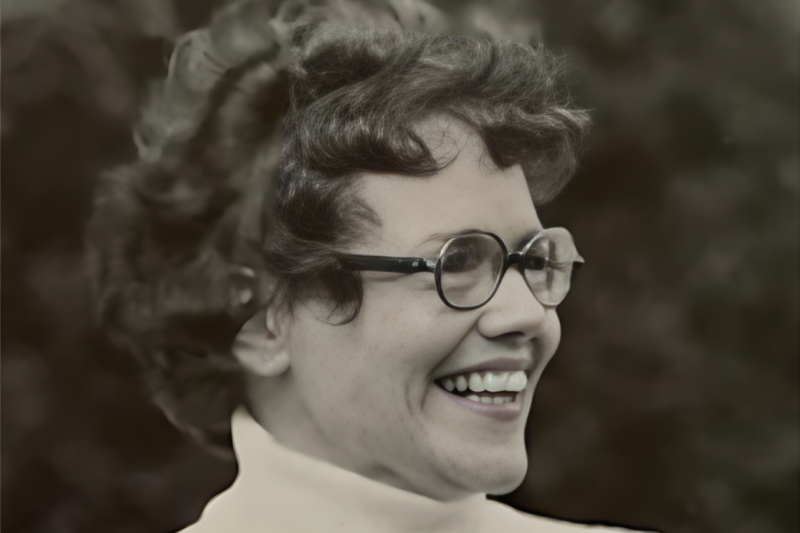
Dean Claude Steele: 'No education school in the world has a stronger faculty or student body'
By Amy Yuen and Mindy Hollar
It's been almost a year since Claude Steele stepped into his role as dean of the Stanford School of Education. Since his return from Columbia University, where he had served as provost, Steele, a preeminent social psychologist, has been busy shaping a new vision for the school.
Steele's current title – I. James Quillen Dean – is just one of many he has held at Stanford. Before taking his post at Columbia, he served on Stanford's psychology faculty from 1991 to 2009. He held appointments as the Lucie Stern Professor in the Social Sciences, chair of the Psychology Department, director of the Center for Comparative Studies in Race and Ethnicity and director of the Center for Advanced Study in the Behavioral Sciences.
Steele's research focuses on the psychological experience of the individual, particularly on the experience of threats to the self and the consequences of those threats. His book, Whistling Vivaldi: How Stereotypes Affect Us and What We Can Do, examines his theory of stereotype threat, which has been the focus of much of his research for the past 20 years.
Recently, The Stanford Educator sat down with Steele to talk about his interests and goals as the School of Education's dean. Following are excerpts of that interview:
What makes this the right time for a social psychologist to take the reins at a school of education?
The importance of the social psychological aspects of our experience in learning and schooling is underappreciated. Identity and the effects of social norms shape what kids become interested in learning and how much they internalize the value of education. A fundamental goal of schooling is to help people understand the personal importance of learning, to become identified with education – in one or another of its forms.
As a social psychologist, I've spent a lot of time trying to unravel those processes. Now, I'm excited about the opportunity to see how well they apply to schooling and be part of an effort to get those things better understood by educators.
A lot of people think that the frontier in schooling is educational technology, and I agree that great possibilities lie there. But we're not just hard-drives on sticks. The slightest reflection on one's own school experience tells you that we are full, social beings, and that learning and commitment to learning often grow out of our experiences with other people in important personal and social situations.
What makes this a great time to explore new areas in education?
As a society we've become frustrated and anxious about education. In answering the question of whether we're doing a good enough job with it – that is, good enough to sustain our economic competitiveness and the kind of society we aspire to – the media give us reasons for concern on a daily basis. But on the heels of this anxiety is a greater openness to new ideas in education. It's an era of anxiety but it's also an era of exploration, experimentation and innovation. All of the critical stakeholders in this era have had to become a degree or two more flexible. Nearly every dimension of schooling is up for reconsideration: pedagogies, models of school governance and financing, use of technology and so on. The great schools of education, like ours, have the scientific, scholarly and professional expertise to help lead education forward in this era.



